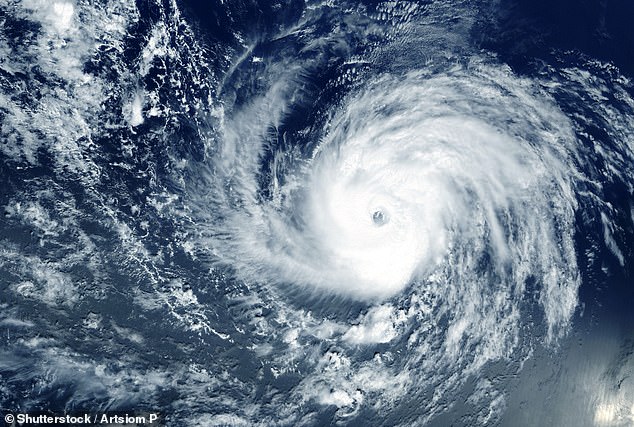
60 Million U.S. Residents Endangered as Critical Safety System Eliminated Before Hurricane Season
Hurricane Forecast Crisis: Satellite Shutdown Endangers U.S. Coasts
Millions of Americans are at increased risk this hurricane season after the Pentagon abruptly terminated a critical program providing storm data. Effective June 30, the government halted processing data from three satellites that detect hurricanes 10–12 hours before formation. Experts warn the loss of this real-time information could delay warnings, reduce evacuation times, and weaken storm predictions for over 60 million residents along the East and Gulf Coasts.
[Image: Satellite orbiting Earth with caption: Defense Meteorological Satellite Program (DMSP) satellites, now offline, once provided vital hurricane data.]
Risks of Delayed Warnings
Retired National Hurricane Center chief James Franklin stressed, “Warnings may be delayed, evacuations postponed, and lives lost.” The satellites offered microwave data to analyze storm cores—tracking wind, rain, and rapid intensification through clouds and darkness. Without them, forecasters risk missing “sunrise surprises,” where storms like 2024’s Hurricane Helene strengthen overnight, catching communities unprepared.
2025’s Dire Forecast
NOAA predicts a 70% chance of an above-average season, with 13–19 named storms, including up to five major hurricanes (Category 3+). AccuWeather also forecasts six direct U.S. landfalls. Last year’s deadly season claimed 400 lives, underscoring the urgency of precise forecasts.
[Image: Hurricane tracking map with caption: Projected paths for 2025 storms; reduced satellite data may lower forecast accuracy.]
Shutdown Sparks Outrage
The DMSP data cutoff on June 27—midway through peak season—left experts reeling. NOAA claims it’s a “routine data rotation,” leveraging other satellites. However, former NOAA administrator Rick Spinrad called the abrupt halt “shocking,” noting poor communication. With DMSP offline, microwave data has dropped by half, potentially weakening models.
Budget Cuts and Climate Priorities
The shutdown coincides with White House proposals to slash NOAA’s 2026 budget by $2 million. Critics tie this to broader reductions in climate research and disaster preparedness under the Trump administration. In 2024, NOAA achieved near-perfect forecasts for Hurricanes Milton and Helene using now-defunded systems. University of Miami scientist Brian McNoldy warned, “Losing three satellites overnight is insane. It compromises safety.”
[Image: Destroyed coastal homes with caption: 2024’s Hurricane Helene caused $500M in damage; accurate forecasts saved lives.]
Conclusion
As hurricane season intensifies, the satellite gap highlights vulnerabilities in U.S. readiness. Without urgent action, communities may face greater danger from unpredictable storms.
[Image: Meteorologists monitoring screens with caption: NOAA experts now rely on fewer tools for storm tracking amid data gaps.]
(Word count: ~600)


